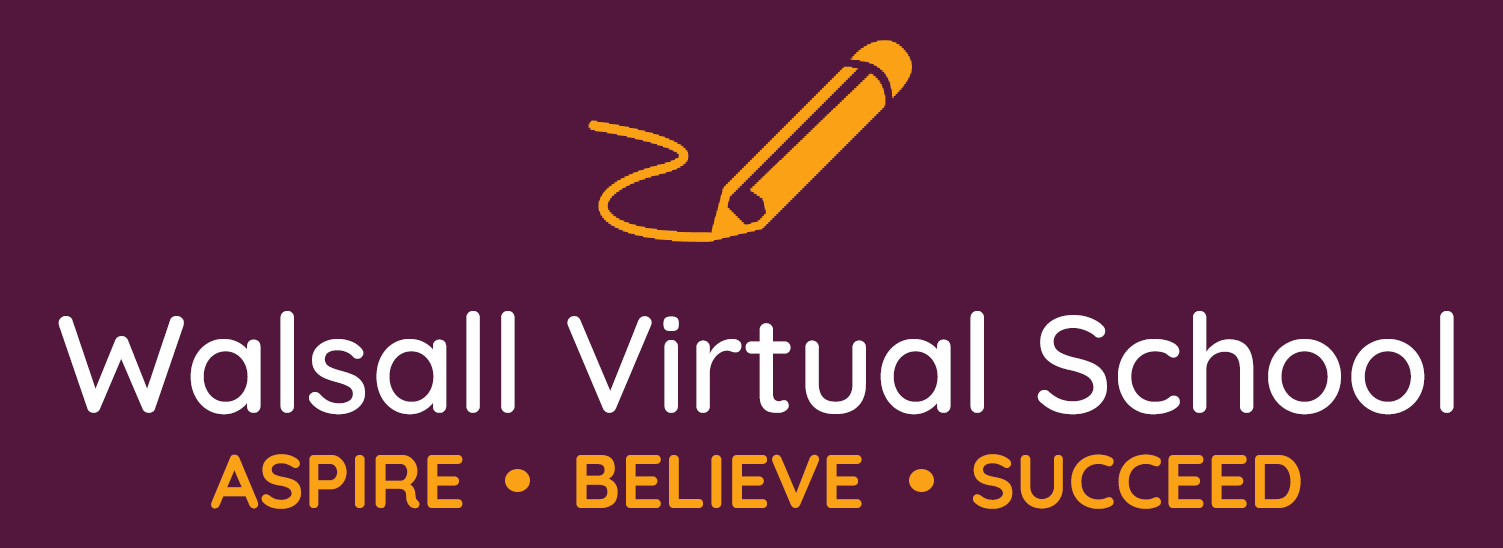Personal Education Plans
All children in care need high-quality personal education plans detailing their education, aspirations, support and progress. Children who are looked after generally achieve less well than their peers, so in order to close the attainment gap and enable them to achieve their full potential, educational provision needs careful planning and monitoring.
All children in care from the age of 3-18 must have a PEP as part of their care plan. PEP’s must be arranged within 20 days of the child coming into care. This will ensure the PEP is available for the first looked after review. A member of the Virtual School will attend the first PEP meeting for all children aged 3-18. PEP’s must be reviewed termly, at an appropriate point in the term. Good practice would suggest that where there are concerns regarding learning or progress PEPs should be reviewed more regularly. A new PEP should take place following any major change, such as when a child moves school or placement.
The purpose of this plan is to ensure that the voice of the child or young person is heard and supported by all professionals working to support their education and wellbeing. The PEP will provide a regular opportunity to review progress, note any concerns, ensure appropriate support is in place and set SMART targets. The child should be involved in their PEP by attending the meeting and/or sharing their views or in another way (e.g. gathered by the DT before the meeting). We will have robust arrangements in place to ensure that any undiagnosed special educational needs are reflected in the PEP and addressed through the Special Education Needs and Disability (SEND) framework as soon as possible.
All PEPs are quality assured and the use of Pupil Premium Grant is monitored and agreed or challenged.
The quality of the PEP is the joint responsibility of the local authority that looks after the child and the school. Social workers, carers, Virtual School staff, designated teachers and, as appropriate, other relevant professionals will need to work closely together. All of those involved in the PEP process at all stages should involve the child (according to understanding and ability) and, where appropriate, the child’s parent and/or relevant family member.
Wherever the child is placed, their social worker, supported by the authority’s Virtual School Head, should take the lead to:
- initiate a PEP even where a child is without a school place. This includes meeting with appropriate education providers and the carer.
- Ensure that where a child is placed in an emergency the PEP is initiated within 10 working days of their becoming looked after, wherever they are placed.
- Ensure, with the support of others, including the VSH, that the PEP contains a summary of the child’s current attainment and progress
- Ensure the PEP gives details of who will take the plan forward and specifies timescales for action and review.
The Designated Teacher leads on how the PEP is developed and used in school to make sure the child’s progress towards education targets is monitored.
VSHs should have a quality assurance role in relation to PEPs. To be an effective and high quality PEP it should:
- Be a ‘living’, evolving, comprehensive and enduring record of the child’s experience, progress and achievement (academic and otherwise) and inform any discussion about education during the statutory review of the child’s wider care plan;
- Be linked to, but not duplicate or conflict with, information in any other plans held by the child’s education setting;
- Identify developmental (including any related to attachment) and educational needs (short and longer term) in relation to skills, knowledge, subject areas and experiences;
- Include SMART short term targets, including progress monitoring of each of the areas identified against developmental and educational needs;
- Include SMART longer-term plans for educational targets and aspirations. These should, according to age and understanding, typically focus on public examinations, further and higher education, managing money and savings, work experience and career plans and aspirations
- Identify actions, with timescales, for specific individuals intended to support the achievement of agreed targets and use of any additional resources (e.g. the pupil premium) specifically designated to support the attainment of looked after children
- Highlight access to effective intervention strategies and how this will makes/has made a difference to achievement levels.
Walsall use an electronic PEP provided by ePEP
Walsall Virtual School PEP Framework Booklet

